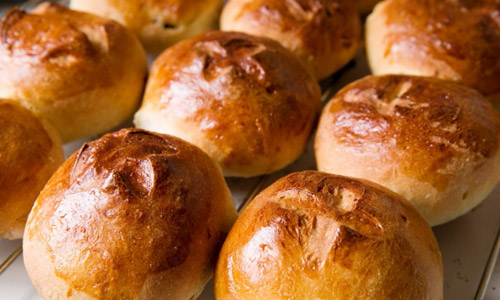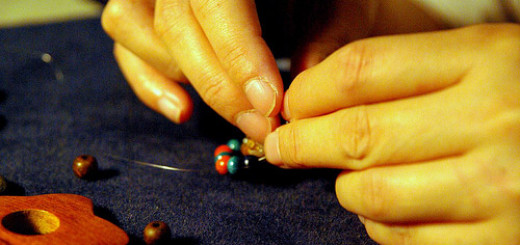7 Easter Food

Easter is one of the most important festivals of Christianity, celebrated by Christians all over the world. It is believed that on the day of Easter, Jesus rose from the dead and thus, this day is regarded as a day of hope and celebrations. The celebration of Easter feels incomplete without its share of traditional Easter food. There is a wide variety of dishes that have been cooked and relished for years. Below is a list of some universally popular Easter food.
1. Easter Eggs
Easter eggs, also known as spring eggs, are special eggs prepared during Easter. This is the most popular Easter delicacy enjoyed by people of all age groups from different countries. The egg is a symbol of rebirth to Christians. Traditionally, hard-boiled chicken eggs were painted on the outside for Easter. However, in modern times Easter eggs are often made of chocolates, marzipans, jelly beans etc. They are placed in decorative baskets that resemble a bird’s nest. It is also a popular belief that the Easter Bunny hides these eggs for children on Easter morning.
[relposts id=49656]
2. Ham
Originally, ham was the main dish for the Easter holiday. Ham is a piece of meat that is chopped off from the thigh of the hind leg of certain animals, most commonly a pig. In countries like the United States, ham is considered a traditional Easter dish. Even today, ham remains an inseparable part of any Easter dinner.
3. Peeps
Peeps are marshmallow candies. For Easter, they are molded in the shapes of chicks and bunnies. They are quite popular in Canada and United States. Easter baskets would invariably comprise of peeps each year. They take the crown for the being the most favorite Easter candy, enjoyed by people of all ages. Studies reveal that during the Easter holiday an estimated 700 million of Easter peeps are consumed in USA alone.
4. Hot-Cross Buns
Hot-cross buns used to be a symbol of Good Friday but today they are an inseparable part of an Easter celebration. Each of these buns, have an icing of the cross on the top, which signifies the crucifixion of Jesus. The custom of preparing hot-cross buns comes from the ancient Anglo-Saxons, who baked small wheat cakes in honor of the springtime goddess, Eostre. Thereafter, the church replaced Easter cakes with hot-cross buns that were blessed by them.
[relposts id=79186]





